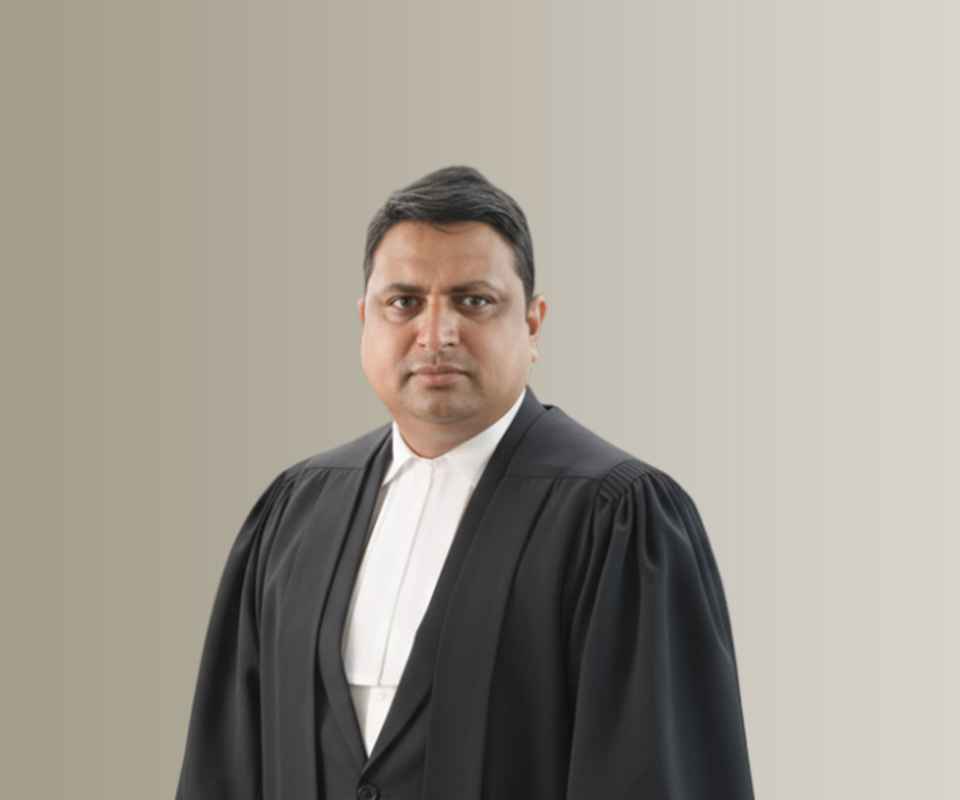Answer By law4u team
Probate is a legal process through which the will of a deceased person is validated and their estate is administered according to the will's instructions. In India, obtaining a probate of a will requires submitting an application to the probate court, and there are associated charges and fees. These charges depend on several factors, including the value of the estate, the jurisdiction, and the complexity of the probate process.
The primary charges involved in obtaining a probate are court fees, stamp duty, and legal fees. These can vary by state and the specific court handling the matter. Below is a breakdown of the common charges involved in obtaining probate.
1. Court Fees
The court fees are one of the most significant charges in the probate process. Court fees are determined based on the value of the estate for which probate is being sought. The value of the estate is calculated by adding up the market value of all the assets such as property, bank balances, securities, and other valuable items.
Court Fees in Probate Applications are generally calculated on the value of the estate as per the Indian Court Fee Act, 1870 and Indian Succession Act, 1925.
The probate court will typically charge a fee of 2% to 5% of the total value of the estate (depending on the state).
Example:
If the value of the estate is ₹10 lakh, and the applicable court fee rate is 3%, the court fee will amount to ₹30,000.
2. Stamp Duty
Stamp duty is another major charge involved in the probate process. It is levied on the probate order issued by the court and is paid to the state government. The stamp duty varies from state to state, and it is calculated based on the value of the estate mentioned in the will.
Stamp duty rates range from 0.1% to 1% of the estate value in many states.
Some states offer concessions on stamp duty for spouses, children, and other close family members who inherit property under a will.
Example:
In a state where the stamp duty rate is 0.5% for a probate, if the value of the estate is ₹10 lakh, the stamp duty will be ₹5,000.
3. Legal Fees
The process of obtaining a probate often requires the assistance of a lawyer or legal expert who can guide the executor through the legal steps and ensure that all the required documents are properly prepared and submitted. The legal fees can vary depending on the lawyer’s experience, the complexity of the estate, and the length of the probate process.
Legal fees are usually charged either on an hourly basis or a flat fee depending on the agreement with the lawyer.
In some cases, legal fees may also be based on a percentage of the total estate value.
Example:
A lawyer may charge a flat fee of ₹25,000 to ₹50,000 for probate proceedings, or an hourly fee of ₹2,000 to ₹5,000 depending on the complexity of the case.
4. Additional Charges
In addition to court fees, stamp duty, and legal fees, there might be other charges, including:
Advertisement Costs:
In some cases, the probate court may require the publication of a notice in the newspaper to inform the public about the probate proceedings. This ensures that any potential claimants can raise objections to the will. The cost of advertising in local newspapers varies depending on the publication.
Miscellaneous Administrative Fees:
Administrative charges, such as charges for copies of documents, affidavits, and other formalities, can add to the overall cost of the probate process.
5. State-Specific Variations
Each state in India may have different rules and fees for obtaining a probate. Some states have higher stamp duty or court fee charges, while others may provide exemptions or reductions in specific cases, such as when the will pertains to property transferred to legal heirs like children or spouses.
Example of Variation by State:
- Maharashtra: In Maharashtra, the court fee for probate is 2% of the estate's value, while the stamp duty is around 0.5% to 1%.
- Delhi: In Delhi, probate charges are generally 0.5% of the estate value, and stamp duty may vary between 1% to 2% based on the nature of the property involved.
6. Probate Fees for Different Types of Property
The probate fees may vary depending on the type of property that is part of the estate, as different types of property have different values and processes for valuation.
Real Estate Property:
If the estate involves real estate property, additional costs such as property valuation may need to be incurred, along with higher stamp duty.
Bank Accounts and Securities:
If the estate involves securities or financial assets, additional paperwork and administrative fees might apply.
Example:
A person’s estate includes both real estate (₹5 lakh value) and a bank account (₹2 lakh). Court fees will apply to the combined value (₹7 lakh), but the stamp duty could be lower for the bank account.
7. Time Involved and Delays
The probate process in India can take a considerable amount of time, typically ranging from 6 months to 2 years, depending on the complexity of the estate and any objections raised during the proceedings. This time duration may lead to additional costs such as administrative fees, extended legal fees, and costs for maintaining the estate during the probate process.
Example
If the total value of the estate is ₹50 lakh, the court fees could be ₹1,50,000 (at 3%), and the stamp duty could be ₹50,000 (at 1%). The legal fees may range from ₹25,000 to ₹75,000, depending on the lawyer’s charges. So, the total cost for obtaining probate could amount to approximately ₹2 lakh to ₹2.75 lakh.
Conclusion
The charges for obtaining a probate of a will in India can vary depending on the estate's value, the state jurisdiction, and the complexity of the property involved. The primary charges include court fees, stamp duty, and legal fees. Additional costs such as advertisement fees and administrative charges may also be applicable. It’s essential to understand the costs and procedures involved before initiating the probate process, and it’s advisable to consult a lawyer to ensure the correct approach and compliance with legal formalities.







